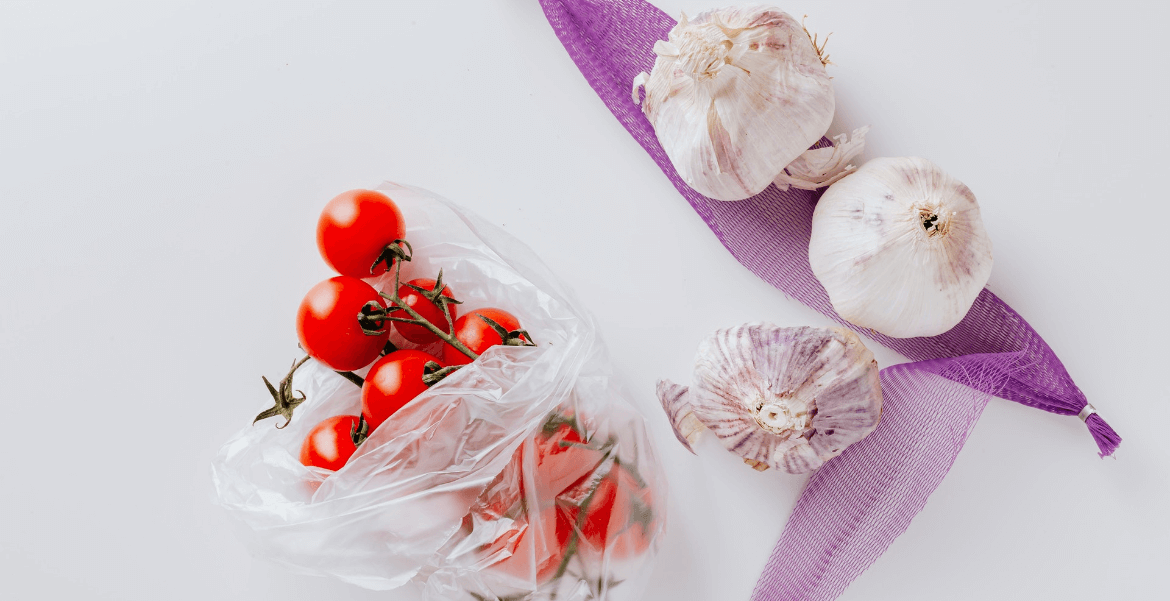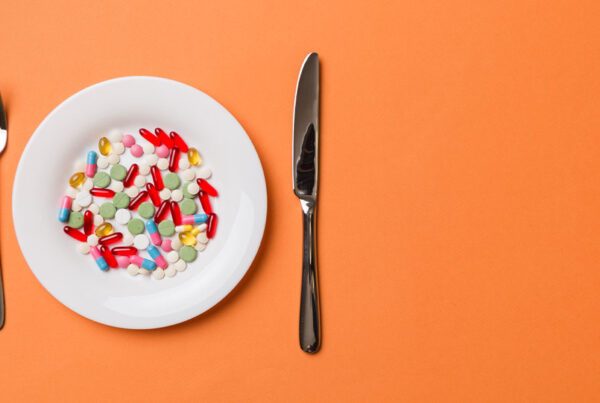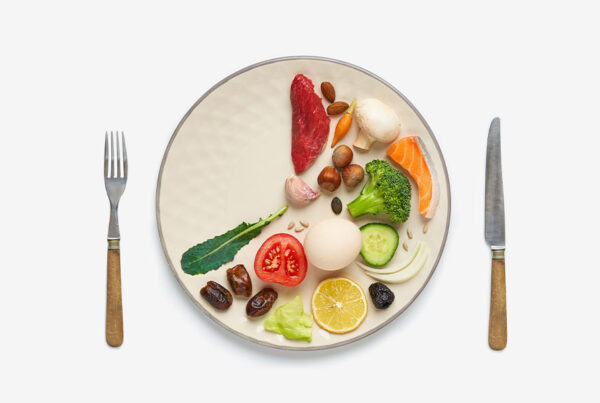The biggest confusion in the world of health and wellness today is by far nutrition. Although there is more research being generated about the topic, it’s resulting in more types of eating plans, dietary recommendations and some really obscene food habits. We still don’t know as much about nutrition as we should, especially when it comes to managing chronic and critical illnesses, however being a part of a company that is predominantly data driven and research oriented, we inevitably go for the trial and tested methods that show long-term sustainable results. Also working with multiple cancer patients through nutrition, we have gained a wealth of knowledge about cancer nutrition, which has opened up our horizons to recommended dietary habits for medical conditions.
Personally, I couldn’t say this about myself. Carer uses only clinical and medically trained nutritionists, however I come from more of a holistic health and nutrition background. So there were clashes. I was extremely diligent and stringent about food and nutrition for myself. If I heard or read a negative comment or story about a certain food type, I would go deep into it and eradicate it completely from my diet, telling myself I rather be safe than sorry. Example – dairy is bad for you. It was inevitable for me to force my perspective on the team, however my view changed as we went along working with patients, up close and personal.
I realised that almost everything I believed to be true about nutrition was not. There is no one way of looking at nutrition and no one way of prescribing the right type of diet to everybody. I took a step back and let the professionals do what they’re good at, while I monitored outcomes closely.
What I learnt many years later are the following: (It must be noted that nutrition is a science that is evolving as we speak. Nothing over here is set in stone and might evolve as we go along).
No one size fits all: When it comes to nutrition, whether it’s for weight loss, weight gain, disease management, general well-being and so on, no one nutrition plan works for everybody. Even in cancer, the same diagnosis, prognosis and patient demographic cannot be prescribed the exact same nutritional plan. A Ketogenic diet has been said to decrease inflammation in the body but that doesn’t not mean it will have the exact effect on everybody. A vegan diet is predominantly healthy, however not everyone will thrive on a vegan diet. So downloading a nutritional program online or following a diet regimen on a mass level will most probably not work or achieve the results you are looking for on a long-term.
1. Listen to your body: Eating a breakfast, lunch and dinner is not diligent eating but has been socially ingrained in us. Eating three meals a day was made up by us, not what our bodies were and are asking for. Many people do not feel hungry when they wake up, so no they don’t have a big breakfast. In fact I eat my first meal around 1pm and this is what works for me. I use to eat a large breakfast, thinking it was beneficial, but always felt sluggish and endured heartburn all the time. Today I have more energy and feel much lighter, starting later. So the answer is listen to your body. You need to eat when you are feeling like eating and before that have a glass of water. We often mistake thirst for hunger. If you’re going through cancer treatment, nutrition is imperative so in your case eating frequently in smaller quantitates is essential however you still don’t have to follow a strict breakfast, lunch and dinner regiment. As with cancer treatment, you’re most times not hungry so listening to your body might not the most accurate indicator. Therefore, time the duration between your meals instead.
2. Dairy is not bad for all: Adulterated, hormone injected dairy is. Unfortunately this is everywhere unless you opt for organic, but then again organic sources in India are still questionable. Dairy causes inflammation, mucositus and allergies for many, but can be extremely beneficial for others. I have seen cancer patients and underweight children improve substantially with dairy. The problem with dairy is that earlier it was given too much importance and emphasis than required, which lead to false overhype about it. It then became a no no for the vegans and from there its just lead to confusion. Today I don’t know if dairy is bad for me or if it’s just that I have ingrained it so deeply into my subconscious that the very smell gives me fever. This is changing though, I am gradually introducing it into my diet in minimal quantities to see/feel its benefits. When malnourished, underweight and extremely weak, which is mostly the case for advanced cancer cases, dairy does help tremendously. Always get it from the right source.
3. No nutritional plan is right for you all the time: While each nutritional regiment is different for every person, so is it for you as you go through life. Your gut bacteria changes continuously and hence the type of nutrition you require and what your gut can absorb will also change. You will notice there were certain foods you couldn’t live without when you were young, but today cannot digest. Even the way you eat and when you eat changes drastically as you grow older. Your biochemical make up, environment (internal and external) all play a major role in your eating habits and this is always evolving. So eating one way for your entire life might not be the most beneficial. Adapt to your environment and most importantly tap into how you feel, this will guide you with how and what you should eat, better than anyone else.
4. Power of sleep: Sleep is one of the most important factors in having a strong immune system and following a healthy nutrition regiment. In fact if you were to ask me what is the best nutritional advice I can give you (which I am asked every single day of my life) then I would say sleep. Sleep, sleep, sleep! The affects of a good high quality sleep is mind-blowing. A good sleep stabilises hormone levels, replenishes the system, reboots immunity, repairs cells and plays a vital role on how you eat and absorb your food. We encourage our patients to sleep all the time. Not only because they are going through cancer, but also because we want them to inculcate a good sleep practice into their lives. Now when I say sleep, I don’t mean all day everyday (unless your body is asking for it, then knock yourself out!) but a good 7-8 hours of restful sleep. Please focus your attention on the word “restful” because this is key. You can have a longer duration of sleep but extremely disturbed, which will cause more harm, than a shorter one which is restful. So goodnight!










